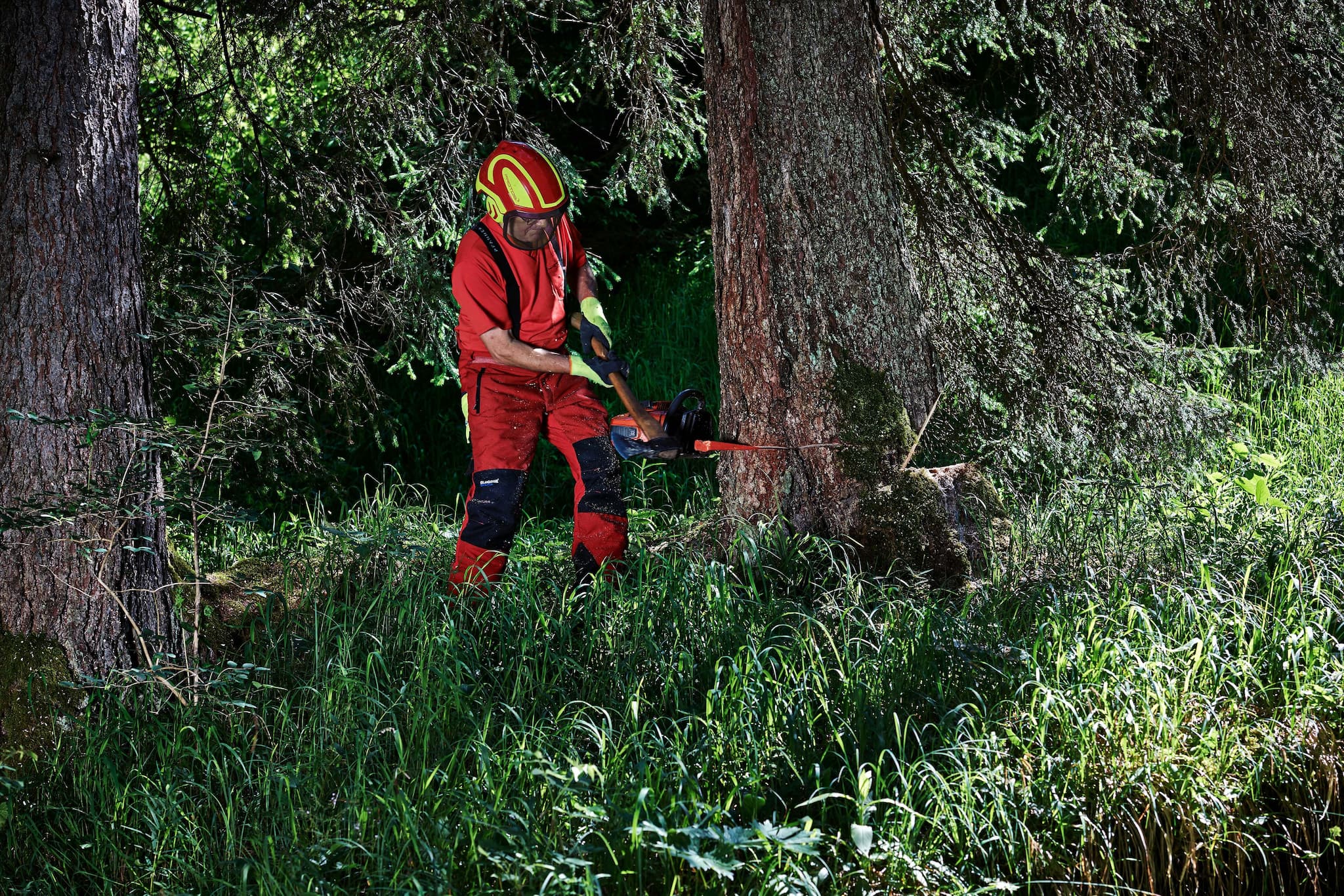Wood is one of the most important resources of the bioeconomy, which is why an increase in demand for this renewable raw material can be expected with increasing transformation towards the bioeconomy. In contrast, however, there are various influences on supply. The increasing interest in using the forest as a carbon sink, the promotion of out-of-use positions and the increase in damaging wood events such as bark beetles, windthrow, etc. influence the supply of wood. In addition, the change in climatic conditions will change the future supply of tree species, resulting in multiple conflicts of objectives in the area of forest use and thus also for the supply of wood to the economy.
The stakeholder workshop “Bioeconomy and wood as a raw material” will assess the future demand for wood as a raw material due to the promotion of the cycle-oriented bioeconomy and other political objectives (e.g. decarbonisation of the industrial and energy sectors) and draw different future scenarios for future demand. It will be analysed which product innovations are to be expected in the proven wood value chain as well as new applications and business areas. The entire material and energy value chains starting from the raw material wood will be integrated into the stakeholder process and cascading utilisation paths and recycling potentials will be taken into account.
The scenarios are ultimately intended to depict the changes in supply and demand for wood as a raw material and to show how demand will be met in the wood, paper, board and chemical industries, as well as in the energy sector. Not only current and foreseeable developments in established wood products and already planned product innovations are included, but also the development of bioenergy and the effects of the decarbonisation of the industry on renewable energy sources are considered. From this, the future demands on the raw material wood as well as the economic and ecological effects on the national economy (e.g. jobs, value creation) can also be presented.
During the first stakeholder workshop, which took place on 20 June 2022, the most important opportunities and challenges for the next 3-5 years were defined:
Circular economy (especially application in building with wood)
Substitution of fossil products (esp. by chemicals from wood)
Taxonomy & Green Finance (esp. for building with wood and paper) Security of supply (esp. for building with wood and paper)
